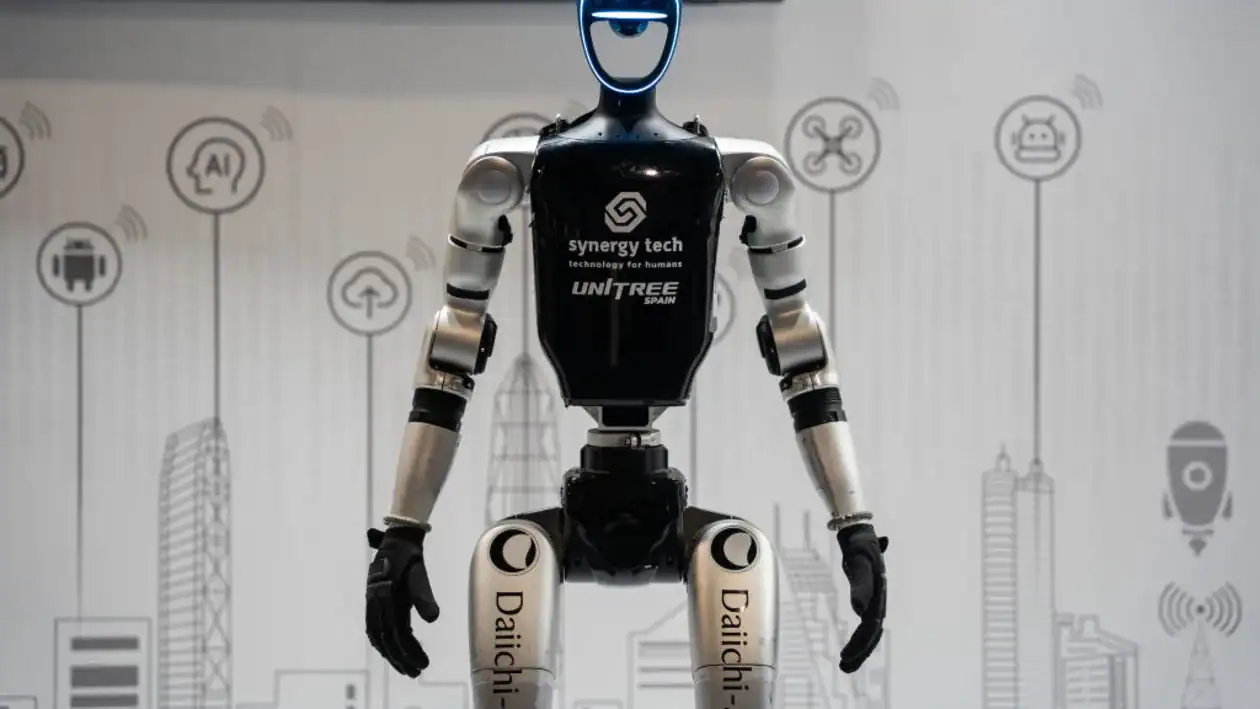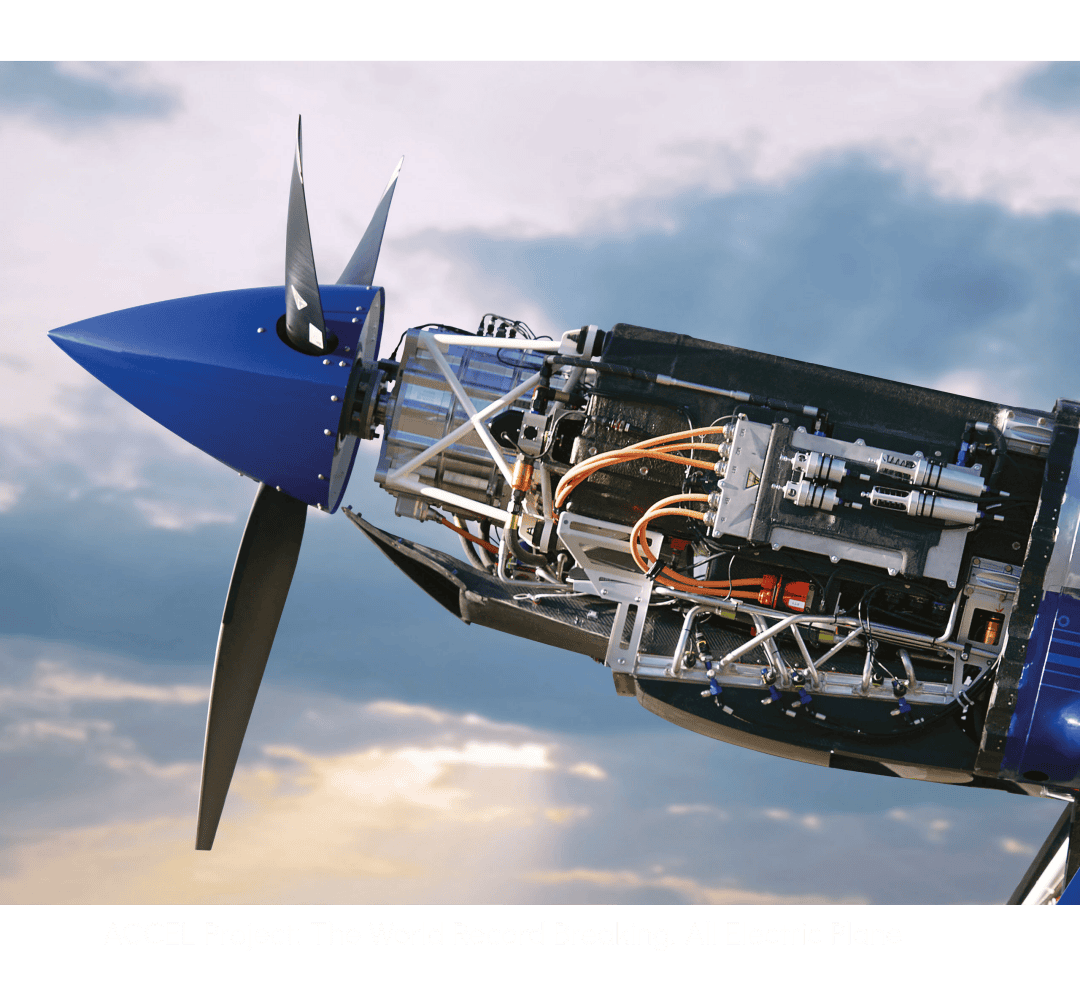NEW YORK – Although electric vehicles, which continue to surge in popularity, are undoubtedly friendlier to the environment than their gas-powered counterparts, they do still have some drawbacks — mainly, from the adverse effects of their environmentally-unfriendly lithium-ion batteries.
Now, scientists at MIT have developed a new alternative to lithium-ion batteries: aluminum-sulfur batteries, which, if adopted, could revolutionize the EV industry.
The scientists behind the project developed it with the goal of creating a battery that could be used for storing energy harvested from solar panels on homeowners’ roofs. However, they say that it could also have automotive uses down the line.
The issue with lithium-ion batteries is that getting the “critical minerals” used to make the batteries — lithium, nickel, cobalt, manganese, and graphite — necessitates mining, which uses up massive amounts of water, pollutes the surrounding groundwater, causes environmental degradation, and is linked to numerous human rights abuses, like child labor.
Read the rest of this story at Yahoo News






